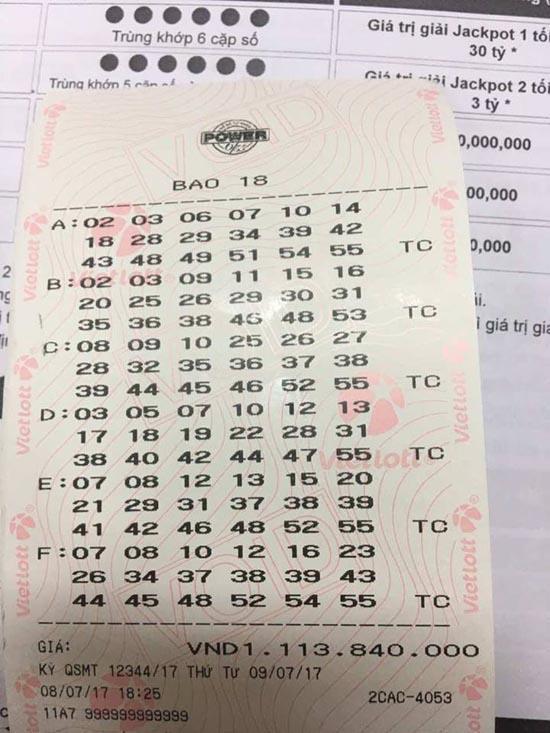UCAT and UMAT Tutoring
On the surface, you’d think a UCAT tutor would be plenty qualified to prep you for either exam, given the overlapping skill sets being tested. But once you start peeling back the layers, some nuances emerge.
For the purely cognitive components – stuff like verbal reasoning, decision making, quantitative skills – then absolutely, a solid UCAT tutor should have you locked and loaded for either test’s format. At the end of the day, those sections are evaluating your raw brain power through a similar lens.
But here’s where it gets a bit trickier. Since the UMAT has those additional emotional intelligence and situational judgement elements, you may want to seek out a tutor who has specific experience preparing students for those qualitative components as well. Someone skilled at coaching self-awareness, empathy, ethics – all those more nebulous “soft skills” that are tougher to objectively measure.
Because while a generic UCAT tutor can definitely drill you on abstract reasoning until you’re a logic ninja, they may not provide as much targeted guidance for navigating the UMAT’s more open-ended scenarios. You know, those vignettes testing how you’d respond to ethically complex situations or interpersonal conflicts in a clinical setting.
Those take a somewhat different pedagogical approach to prepare for. You’ve got to learn how to parse subtext, identify emotional undercurrents, and really step into the mindset of a conscientious healthcare professional. Tough to fully practice that just by hammering cognitive drills alone.
That said, I wouldn’t completely rule out a talented UCAT tutor being able to provide enriching UMAT prep as well. Especially if they have personal experience as a med student or practitioner themselves. A seasoned mentor who has lived those real-world dilemmas could potentially offer invaluable roleplaying and hypothetical scenario coaching.
Ultimately though, you’ll want to scrutinize each tutor’s background and areas of expertise. If they position themselves as an UCAT specialist primarily focused on the quantitative reasoning and abstract thinking components, they may or may not be the ideal resource for the UMAT’s more personal competency evaluations.
A tutor who markets themselves as a comprehensive medical admissions guru prepared to tackle both tests holistically could be a perfect one-stop-shop. But they’d better be able to walk the walk when it comes to developing those vital soft skills, not just the academic ones.
The bottom line? Don’t be afraid to interview and get multiple tutors to find that perfect balance of content mastery and personal/professional development mentorship. It’s a cliche, but sincere passion and a student-centric style can sometimes matter even more than technical expertise alone.
UMAT vs. UCAT
We start with the UCAT, or the University Clinical Aptitude Test. This bad boy is what’s known as a computer-based assessment, which means you’re sitting in front of a screen answering multiple choice questions like it’s some futuristic video game. Except instead of blasting aliens, you’re flexing those analytical reasoning and decision making skills.
The big perk with the UCAT is that you get your results pretty much right after finishing, thanks to those fancy algorithms working their magic behind the scenes. No sweaty palms waiting weeks for the postman. It’s just raw data spitting out your scores across different cognitive domains.
Now the UMAT, short for Undergraduate Medicine and Health Sciences Admission Test, keeps things a little more old-school. You’re sitting in an exam hall with a paper test booklet and scratching away with a pencil like it’s the 1950s. Very analog vibes.
But here’s the twist – the UMAT isn’t just assessing your cognitive abilities. There are sections that also evaluate your emotional intelligence, integrity, and general vibes as a human being. It’s trying to peek behind the curtain at the sort of doctor and person you might become.
So in that sense, the UMAT casts a wider net in terms of what it’s evaluating. It’s not just your brain power, but also your emotional/social smarts and even your capacity for ethical decision-making under pressure. Pretty deep for a pencil-and-paper test, right?
The trade-off is that you’ve got to wait a little longer to get your UMAT results, since there’s more human scoring involved with those qualitative components. No instant gratification like with the UCAT’s digital readout.
At the end of the day though, most med schools seem to treat them as roughly equivalent for admission purposes. If you ace the UCAT’s abstract reasoning, they’ll be just as impressed as if you killed it on the UMAT’s logic games.
The real difference comes down to whether you prefer the snazzy computer interface testing your problem solving skills in real-time…or if you’re more of a classic pencil-to-paper wordsmith who can craft a mean ethical argument with time and scratch paper.
Personally, I’m a bit of a luddite at heart, so I’ve always had a soft spot for the UMAT’s no-frills analog vibes. There’s just something richly satisfying about bubbling in those scantron ovals, you know? Like some primal test-taking instinct is being sated.
But I can also totally appreciate the UCAT’s sleek efficiency and ability to rapidly evaluate your fluid intelligence without any of that testing day anxiety over running out of time to finish. More merciful in that sense.
Either way, you’ve got a challenging gauntlet ahead of you no matter which route you take. The key is leaning into whichever test format gels better with your own cognitive style and prepping accordingly. Grind those practice exams, stay hydrated, and get ready to show those universities just how brilliant of a future health professional you’re capable of becoming.
UCAT/UMAT Examples Highlighting the Core Difference
For the UCAT side of things, let’s imagine a quantitative reasoning question where you’ve got to analyse some statistical data and identify the optimal way to interpret the results. Maybe there’s a bunch of charts and graphs showing patient metrics like BMI, cholesterol levels, etc. and you need to determine which analytical methods would yield the most meaningful insights.
To excel, you’d want a UCAT tutor who can drill you on techniques like probability modelling, distribution curves, and ferreting out potential sources of bias or error in the data sets. It’s all about building that razor-sharp quantitative logic and learning to cut through noisy inputs to find the true signal.
Now contrast that with a potential UMAT scenario testing ethics and situational judgement. You might be presented with a narrative vignette describing an ethical dilemma, like having to decide whether to disclose a patient’s diagnosis to family members without consent. Thorny stuff with no clear right or wrong answer.
For a question like that, you’d want your tutor to be an absolute sage at unpacking moral philosophies and frameworks for navigating ethical quandaries. Someone who can coach you on reasoning tools like utilitarianism versus deontological principles versus virtue ethics. But also someone adept at getting you to explore your gut emotional reactions too.
Because unlike the UCAT’s cut-and-dry quantitative focus, the UMAT wants to see how you’d wrestle with ambiguous real-world situations that demand critical thinking but also emotional intelligence. It’s about self-awareness and empathy as much as pure logic.
A skilled UMAT tutor would be able to role-play both sides of that vignette with you, almost like an acting coach. They’d push you to deeply inhabit the mindsets of the patient, family members, and yourself as the physician while meticulously weighing all the ethical considerations at play.
From there, they’d provide tailored feedback – guiding you on how to more effectively articulate and defend your moral reasoning in those sorts of open-ended response formats. It’s a much more personal, human-centric form of test prep compared to the UCAT’s clinical problem-solving drills.
Of course, the lines can certainly blur between the two. An elite UCAT coach may very well incorporate ethical decision-making practice too, just with more of an analytical slant. And a UMAT guru would be wise to hone those core critical thinking abilities as well.
But when it comes to those subjective, emotionally-charged components unique to UMAT, you’d ideally want someone steeped in psychology, philosophy, and the true art of compassionate patient care. Not just an algorithm-bashing quant specialist.






